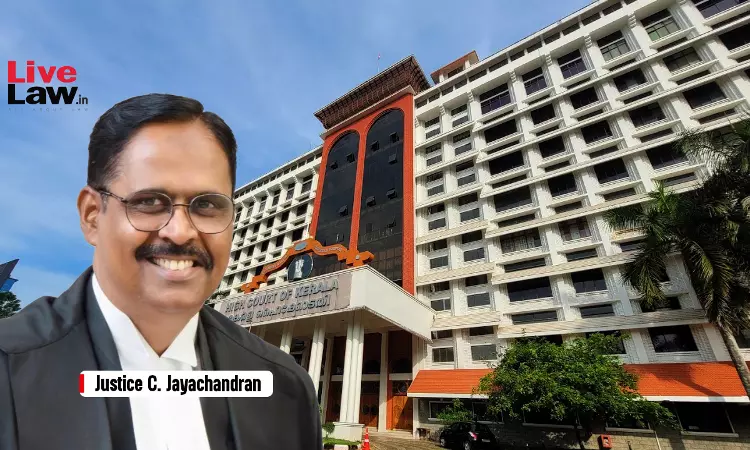The Kerala High Court has held that a tenant, who has failed to pay rent, cannot seek protection from the Court against eviction proceedings.Calling it a "disquieting litigative trend", Single bench of Justice C. Jayachandran held that a Landlord is the paramount title holder of the tenanted premises and the tenant's right to occupy the same is wholly dependent on his obligation to pay...

